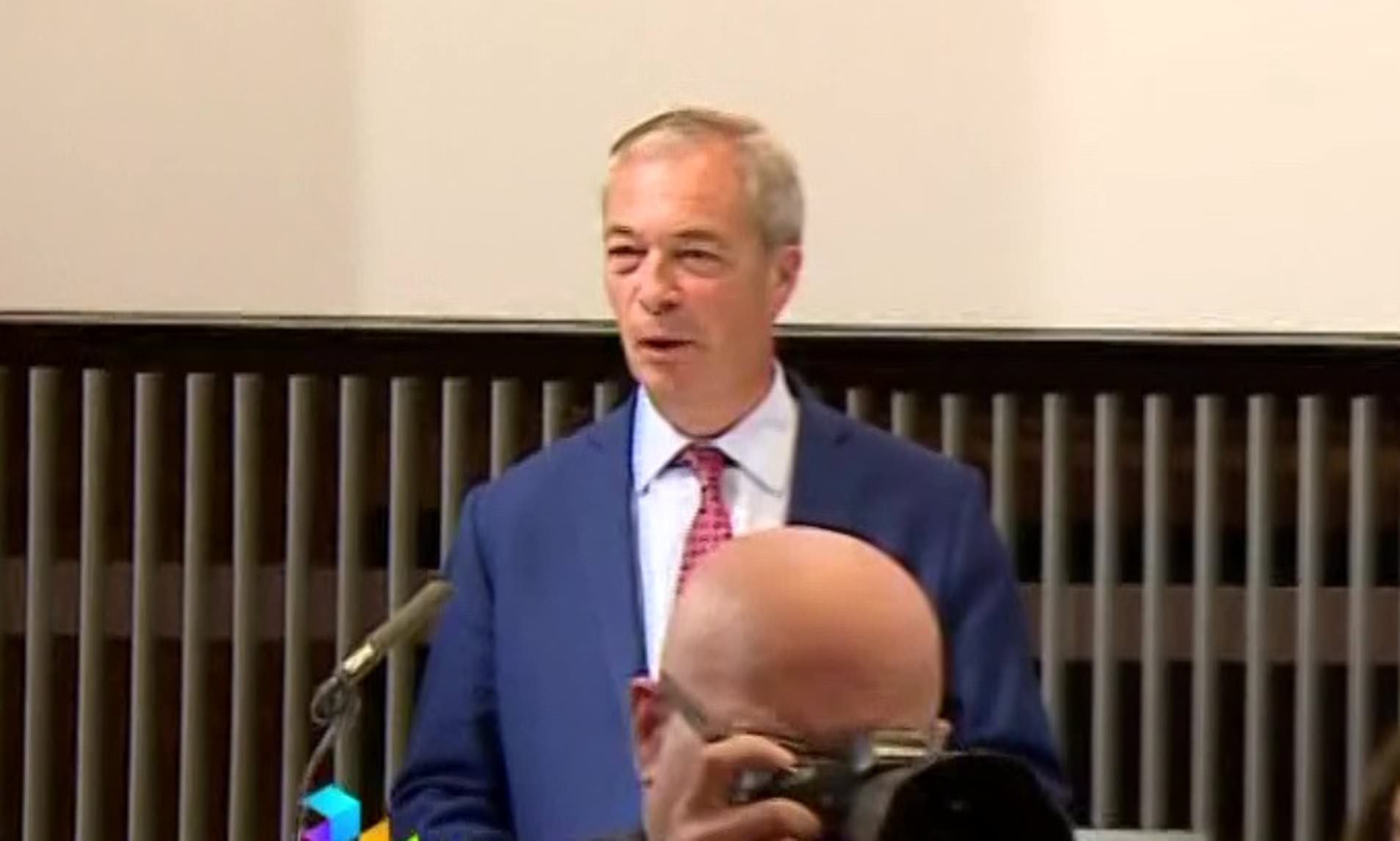PEST CONTROL FOR CHILDREN: HOW TEACHERS ARE TACKLING A TRICKY SUBJECT
Pest control can be a particularly tricky topic to tackle in a New Zealand classroom.
But Kiwi teachers have worked out different ways to teach the sometimes uncomfortable subject to different groups of kids, recent research has found.
Dr Sally Birdsall, a senior lecturer at the University of Auckland focusing on science and sustainability education, interviewed educators on how they were tackling the difficult matter.
"We interviewed people who worked in primary schools who were carrying out predator control," she told RNZ's Nights on Tuesday.
"We looked at people in regional councils, because often regional councils have environmental educators. We looked at someone who was working in animal welfare, people who were writing science education resources.
"And we also looked at someone who was running a regional council where they were running a programme to help teenagers gain credentials to be able to do possum-trapping as a career. We asked them about how they were carrying out the programmes - what sort of ideas were they teaching? What sort of skills were they teaching?
"And we were also interested in the type of activities they did, and also, did they have an idea at what age was it appropriate to start teaching children about using traps and lethal traps to kill our these predator animals?
"We were very interested in finding out what these educators were doing and we found out some really interesting things."
At one daycare centre, the under-fives were taught about pest control by actually catching a rat.
"Now they didn't actually set the trap, the caretaker did. But what this group of people did - which was really amazing - was when they caught the rat, they had an almost a little burial service for the rat. And you know, they were talking about how they couldn't have the rat because it was eating the compost and interfering with the growth of the garden… and the rat wasn't very good. It was in the wrong place."
Predators not being "bad" per se, but just being in the wrong place, was a common theme her team discovered.
"One of our big findings was all of these educators spoke about the need to… teach and instil respect for all creatures. The predators, they're animals and they do deserve to live, but they're in the wrong place. And they're not villains and it's not fair they're here.
"So it gives you these opportunities as part of your education program to talk about, for instance, why were possums bought here? And who brought them here? And what's happened as a result of that, establishing the creatures or the animals as living breathing things and they deserve our respect and also humane treatment.
"And another important aspect of the programme needs to be that under our Animal Welfare Act, we are obliged to treat these animals humanely and if we don't, we're actually breaking the law.
"And one of the people we spoke to had this lovely story about the way she taught about rats. And we all know that, you know, rats are vilified, totally. But she talked about the way that you need to look at the rats' whakapapa, and she talked about, you know, the rat has a place and it's been created for special purpose - but its purpose isn't here in New Zealand.
"But in its own country… India, they have a temple where the rats are revered and they are fed milk and grains, and you're not allowed to wear your shoes in the temple in case you step on a rat."
Perhaps unsurprisingly, there was a big urban-rural divide - but that was shrinking.
"Back in 2010 and 2012 for example, you know, some rural schools were having dead possum throwing competitions. We're not having that as much anymore - they dressed up the possums when they were dead and raffled them off…
"But what these educators talked about was, they think that people's attitudes have changed. And there's been this rise in this understanding that we need to respect these animals, they have their place. But New Zealand is not the right place, and we're making a choice."
Urban kids found it more difficult to consider the consequences - death - for the animals, while some rural kids had a "bloodlust".
"[Teachers] had to… teach that it's not something you enjoy. It's serious, it's not trivial that you're taking a life, and that's an important thing."
Not everyone agreed with teaching about the reality of predator control, Birdsall said, with some teachers saying it was inappropriate for younger children to learn about, and some parents believing the topic inappropriate for their daughters.
A key strategy teachers had was to give their pupils agency, Birdsall said - "giving those children who don't want to participate in trapping, giving them an alternative restoration activity".
"They need time and opportunities to learn about the animal to discuss ideas, you know, like killing, and where did the animal come from? And how is it treated in its own country? And why did we bring it here? And reflect on those and then make up their own mind.
"Because the critics of New Zealand education programmes like this were saying the children are being brainwashed. But we found that our educators didn't find that at all. And then they also thought that children should be given a choice to participate in trapping programs or not, and… they should be given options.
"If you are doing some kind of restoration project, because a lot of schools, particularly in Auckland, you know, they live near a bush area, there are opportunities to do restoration projects. And if you want to attract your native birds back, you do have to kill the pest animals. It does work."
Related
2024-07-02T19:43:29Z dg43tfdfdgfd
